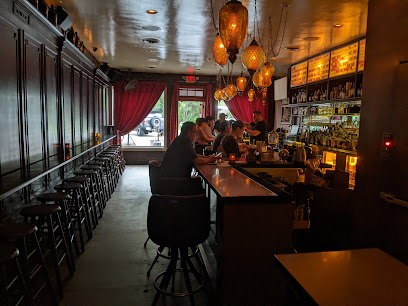
Railroad Avenue Historic District: Opelika's Heartbeat
Explore Opelika's past and present in the Railroad Avenue Historic District, a vibrant hub of commerce, culture, and community.
The Railroad Avenue Historic District in Opelika, Alabama, is a vibrant reminder of the city's past as a railway hub. Featuring late 19th and early 20th-century architecture, it's now a bustling center for dining, shopping, and community events.
A brief summary to Railroad Avenue Historic District
- Opelika, Alabama, 36801, US
Local tips
- Explore the district on foot to fully appreciate the architecture and ambiance.
- Check out local events and festivals often held in the district.
- Visit the Opelika Train Depot to learn more about the city's railway history.
Getting There
-
Walking
From the Lee County Courthouse, walk two blocks north on 9th Street to reach Railroad Avenue. The historic district spans several blocks along Railroad Avenue.
-
Public Transport
The Opelika 4th Street Station is the local public transport hub. From there, you can take a short taxi or ride-share to Railroad Avenue. Taxi/ride-share cost: Approximately $5-8.
-
Parking
Street parking is available throughout Downtown Opelika. There are also public parking lots on South and North Railroad Avenue between 10th and 6th Streets and on Courthouse Square. Parking is free. Check for any posted restrictions.
Discover more about Railroad Avenue Historic District
Iconic landmarks you can’t miss
Railroad Avenue Historic District
0.0 km
Explore Opelika's past and present in the Railroad Avenue Historic District, a vibrant hub of commerce, culture, and community.
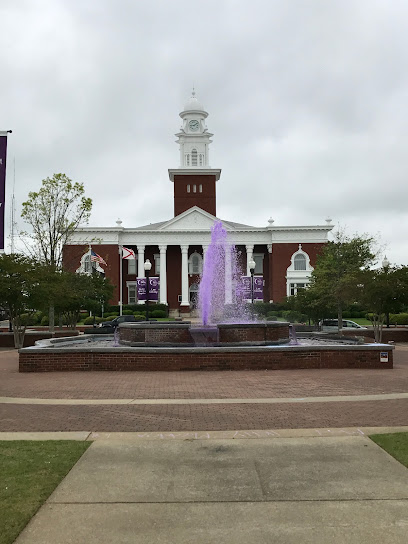
Opelika Main Street Inc
0.0 km
Experience the charm and vibrancy of historic downtown Opelika, revitalized by Opelika Main Street's dedication to community and economic growth.
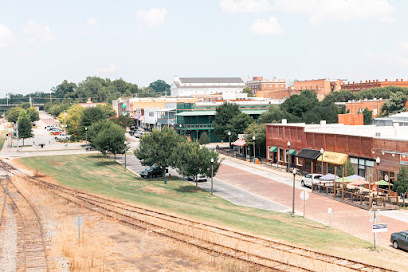
Southern Crossing
0.0 km
Discover handcrafted gifts and local art at Southern Crossing in Opelika, Alabama. A unique shopping experience filled with Southern charm and treasures.
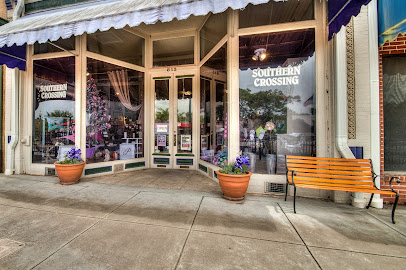
Zazu Gastropub
0.0 km
Experience fine dining in a relaxed atmosphere at Zazu Gastropub, Opelika. Fresh ingredients, inventive flavors, and a unique ambiance await!
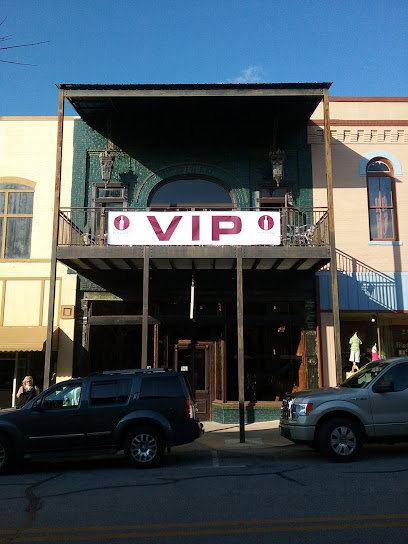
The Gallery on Railroad
0.1 km
Discover fine art, unique gifts, and custom framing in Opelika's historic downtown at The Gallery on Railroad. A treasure trove of local artistry.
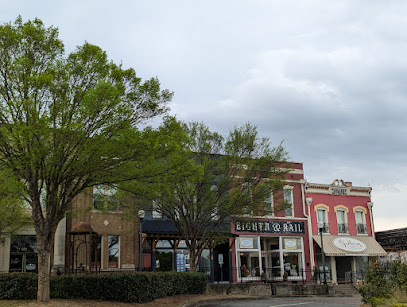
Rock 'N Roll Pinball
0.1 km
Opelika's Rock 'N Roll Pinball: Where music meets vintage games for an unforgettable family-friendly experience!
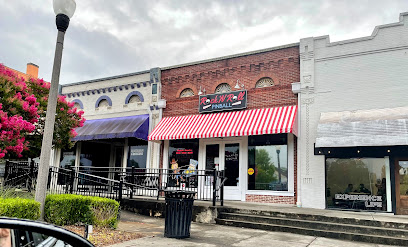
Off The Rails Gaming
0.1 km
Opelika's premier destination for tabletop and video games, offering a unique blend of gaming, cafe, and bar experiences in a community-focused environment.
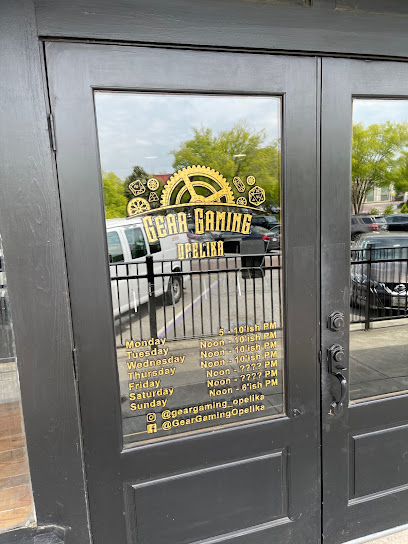
Side Track
0.1 km
Opelika's beloved coffee shop offering expertly brewed coffee, unique community events, and a welcoming atmosphere in the heart of downtown.
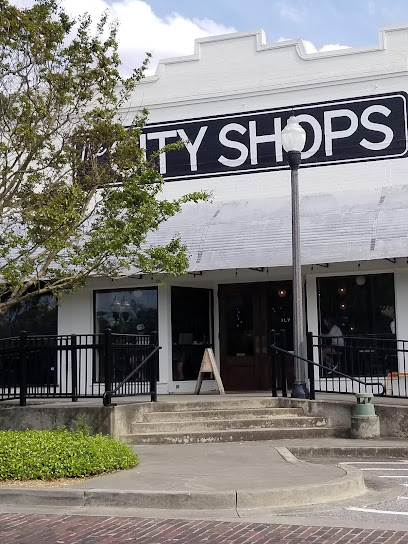
Red Clay Brewing Company
0.1 km
Opelika's original craft brewery, offering a taste of the South with handcrafted beers, ciders, and wines in a welcoming atmosphere.
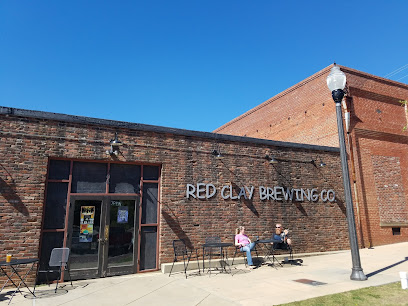
Irish Bred Pub
0.1 km
Experience Irish charm in Opelika's historic downtown: authentic cuisine, lively music, and a welcoming community atmosphere.
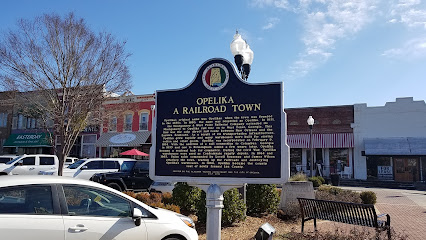
Sneak & Dawdle
0.1 km
Discover Opelika's best kept secret: a refined cocktail lounge with a cozy atmosphere and expertly crafted drinks.
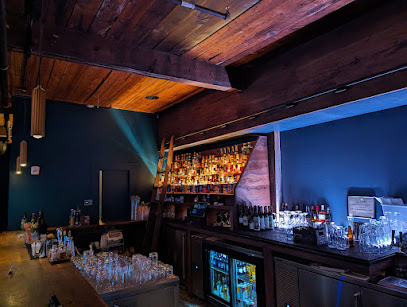
The Well
0.1 km
Discover serenity and creativity at The Well in Opelika: a unique tea house, art cafe, and community space for connection and expression.
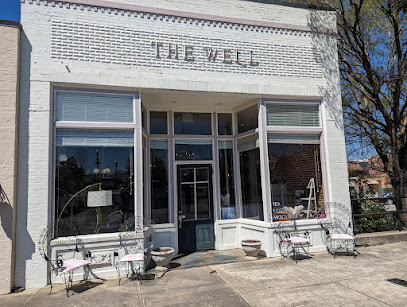
Z&Z Cigar Co.
0.1 km
A premier cigar shop and lounge in downtown Opelika, offering a wide selection of premium cigars in a relaxing and upscale atmosphere.
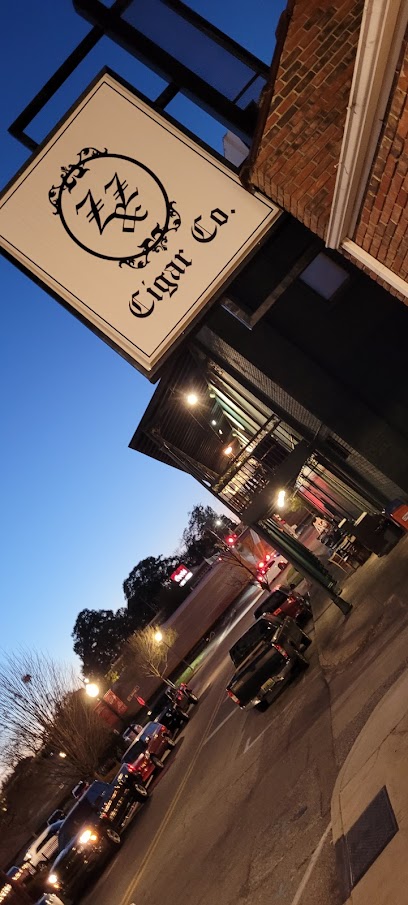
10,000 Hz Records
0.2 km
Discover new & used vinyl, turntables, and more at Opelika's premier independent record store. A haven for music lovers and vinyl enthusiasts since 2018.
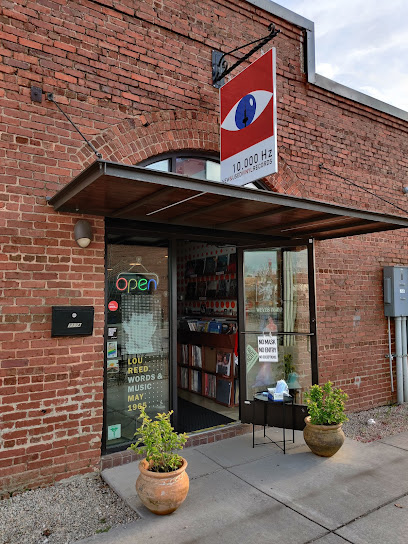
Resting Pulse Brewing Company
0.2 km
Experience Opelika's vibrant craft beer scene at Resting Pulse Brewing Company, where relaxation and community meet quality brews.
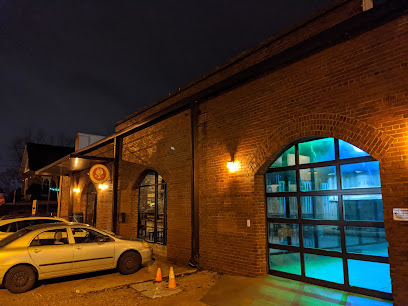
Unmissable attractions to see
Museum of East Alabama
0.2 km
Explore the Museum of East Alabama: A captivating journey through local history, culture, and art in Opelika, Alabama.
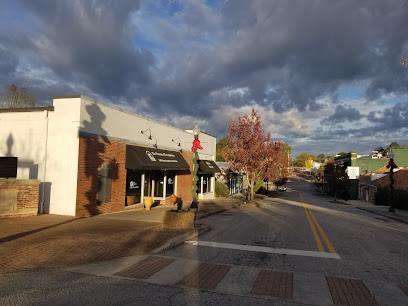
Opelika CSX - NS Diamond Crossing
0.5 km
Witness the dynamic intersection of two major rail lines at the Opelika CSX - NS Diamond Crossing in Opelika, Alabama.
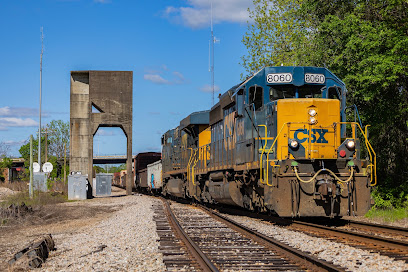
Municipal Park
1.2 km
A historic Opelika park with a vintage train, covered bridge, playgrounds, and picnic spots for family fun and community events.
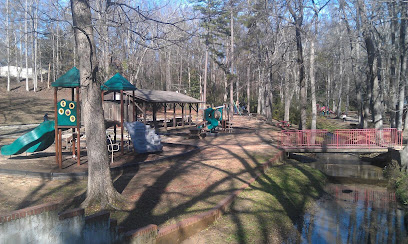
Siddique Nature Park
5.1 km
Explore Opelika's natural beauty at Siddique Nature Park: a haven for birdwatchers and nature lovers with diverse trails and wildlife.
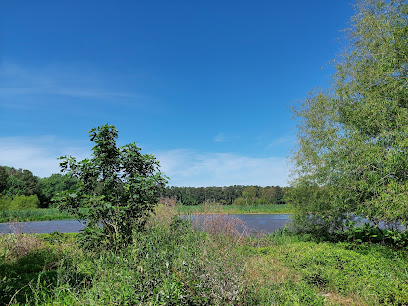
Mary Olive Thomas Demonstration Forest
8.8 km
Explore sustainable forestry and wildlife practices in a beautiful, educational setting just outside Auburn, Alabama. A natural classroom for all!
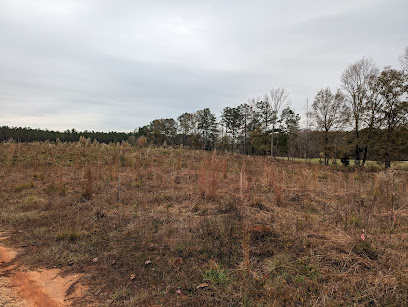
Spring Villa Park
9.3 km
Discover history and nature at Spring Villa Park in Opelika, AL: camping, trails, historic house, and outdoor activities await!
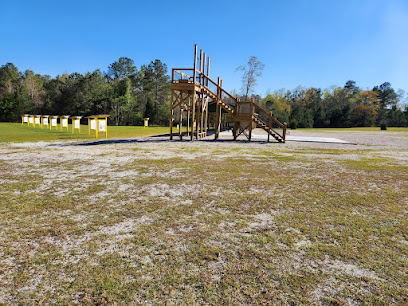
Aquarium Stones
9.8 km
Discover the mesmerizing world of aquatic life at Aquarium Stones in Opelika, Alabama – an enchanting experience for all ages.
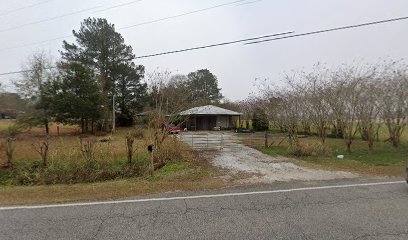
Graham McTeer Park
10.3 km
Discover a peaceful retreat in Auburn at Graham McTeer Park, offering walking trails and green spaces for relaxation and recreation.
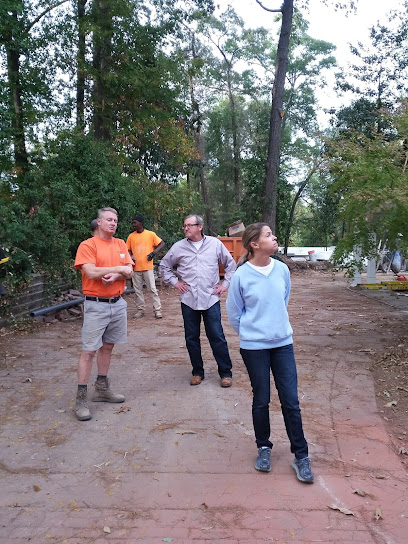
Kreher Preserve & Nature Center
10.3 km
Discover Auburn's natural beauty: hiking trails, diverse habitats, and environmental education at the Kreher Preserve & Nature Center.
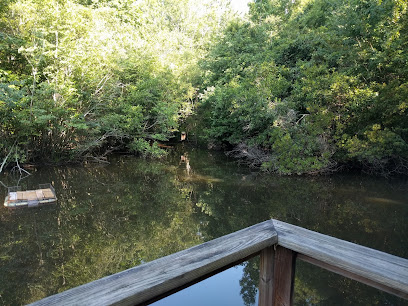
Toomer's Oaks
10.7 km
Experience the heart of Auburn: where campus meets city, traditions ignite, and victories are celebrated at the iconic Toomer's Corner.
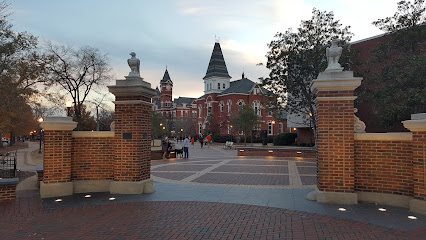
Donald E. Davis Arboretum
11.3 km
Discover Alabama's natural beauty at Auburn University's Donald E. Davis Arboretum, a living museum of native plants and ecosystems.
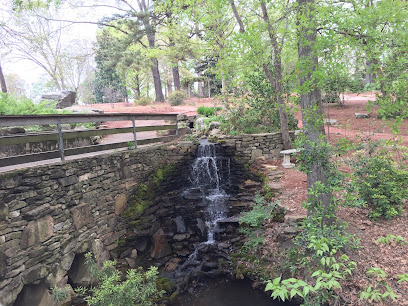
Town Creek Park
11.5 km
Explore the lush landscapes and recreational opportunities at Town Creek Park, an urban oasis in Auburn, Alabama, perfect for relaxation and family fun.
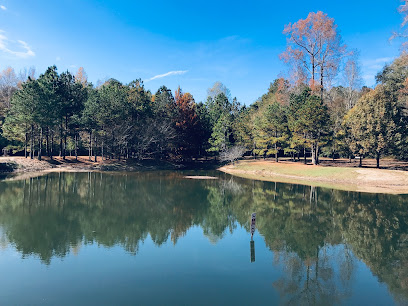
Jonathan Bell Lovelace Museum
11.7 km
Relive Auburn's greatest athletic moments at the Jonathan Bell Lovelace Museum. An interactive journey through Tigers' history!
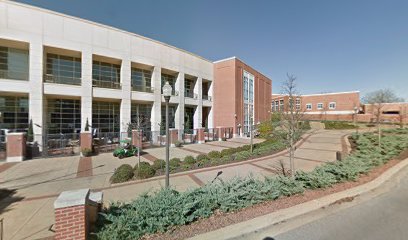
The Jule Collins Smith Museum of Fine Art at Auburn University
11.9 km
Explore diverse art collections and enriching exhibitions at The Jule Collins Smith Museum of Fine Art, Auburn's cultural gem.
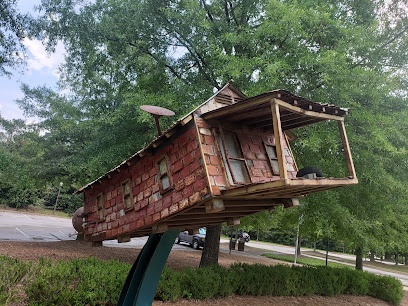
Lake Wilmore Trail
11.9 km
Escape to nature on the scenic Lake Wilmore Trail in Auburn, AL. Perfect for hiking, walking, and enjoying the outdoors!
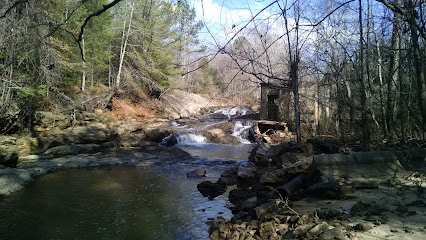
Essential places to dine
Dough Pizzeria
0.0 km
Experience artisanal pizzas crafted with local ingredients at Dough Pizzeria in Opelika - where every slice tells a story.
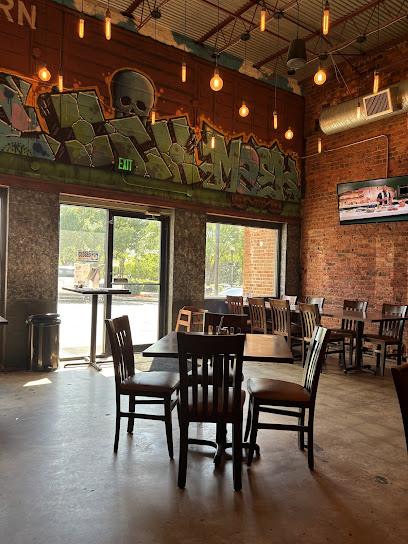
Café One Twenty Three
0.1 km
Discover the exquisite flavors of fine dining at Café One Twenty Three in Opelika, where every meal is a culinary masterpiece.
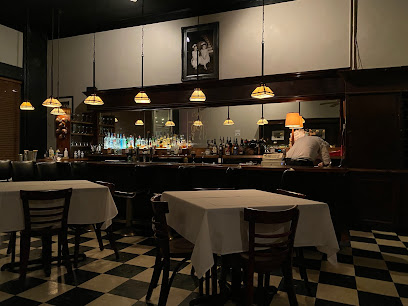
Viva La Vida Mexican Cuisine Opelika
0.2 km
Experience authentic Mexican cuisine at Viva La Vida in Opelika - a must-visit for food lovers seeking vibrant flavors.
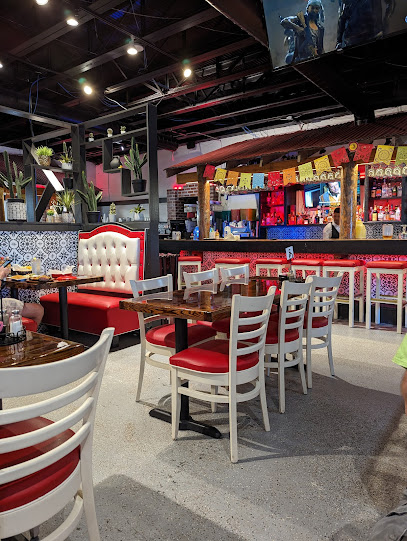
The Breezeway
0.2 km
Experience delightful American cuisine at The Breezeway in Opelika - where comfort meets flavor in a cozy setting.
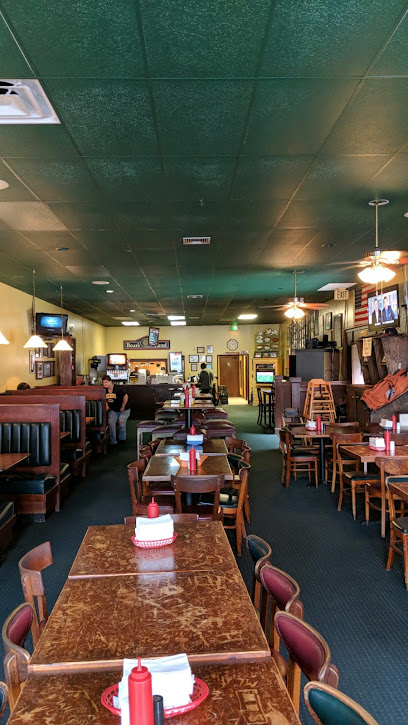
The Sloppy Burger - Take out and Delivery Only
0.2 km
Discover mouth-watering burgers at The Sloppy Burger in Opelika—your go-to for take-out and delivery delights!
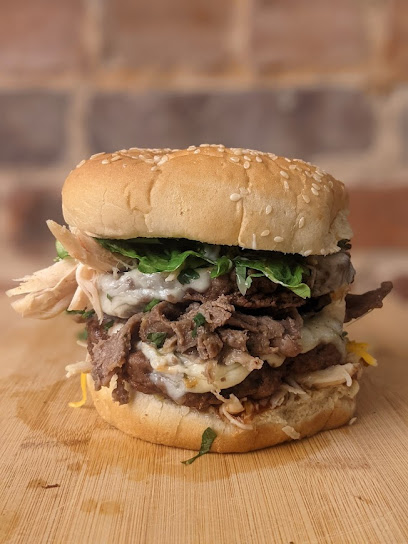
Chuck's Bar-B-Que
0.7 km
Discover authentic Southern barbecue at Chuck's Bar-B-Que in Opelika - where every meal is a celebration of flavor and hospitality.
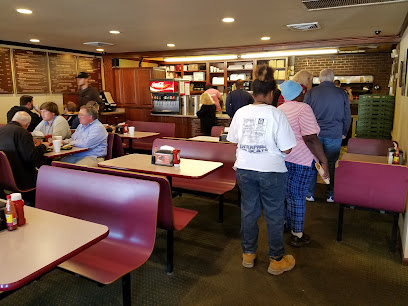
Wing Town
1.0 km
Discover Wing Town in Opelika: Affordable chicken wings with bold flavors in a casual dining atmosphere perfect for any occasion.
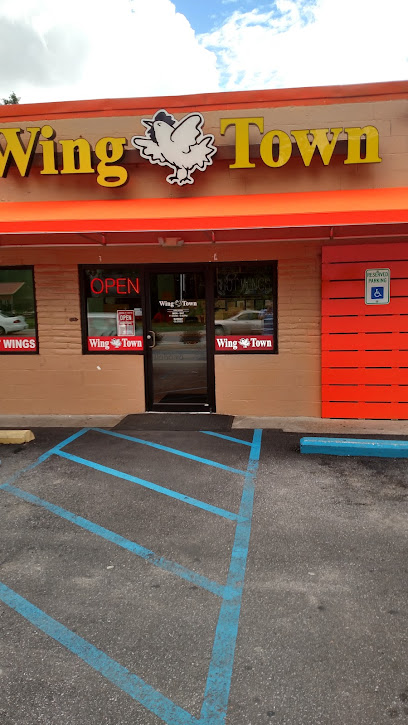
El Rodeo
1.1 km
Experience authentic Mexican cuisine at El Rodeo in Opelika—where every meal is a fiesta!
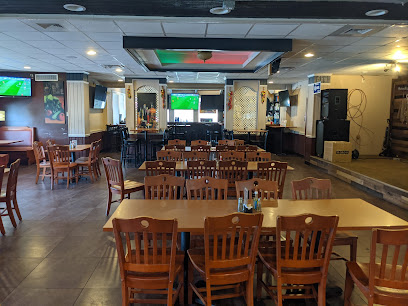
Best Wings and Things
1.3 km
Experience mouthwatering chicken wings and fresh seafood at Best Wings and Things in Opelika—where flavor meets Southern hospitality.

BJ's Lodge
1.3 km
Discover the heart of Southern cuisine at BJ's Lodge in Opelika – where every meal feels like home.
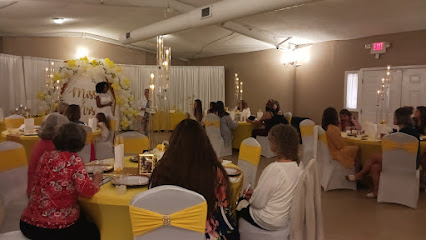
Red Wolf Ramen
1.3 km
Experience authentic Japanese ramen at Red Wolf Ramen in Opelika – where flavor meets tradition!
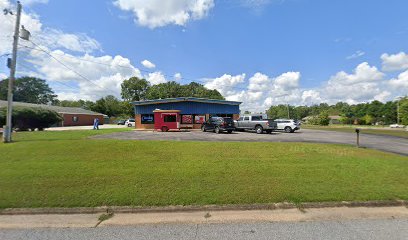
Old Mill Country Kitchen
2.1 km
Discover authentic Southern comfort food at Old Mill Country Kitchen in Opelika, Alabama - where every dish tells a story.
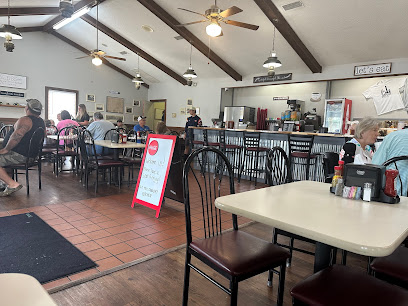
Western Sizzlin
2.2 km
Experience mouthwatering steaks and a welcoming atmosphere at Western Sizzlin in Opelika - perfect for meat lovers seeking great value.
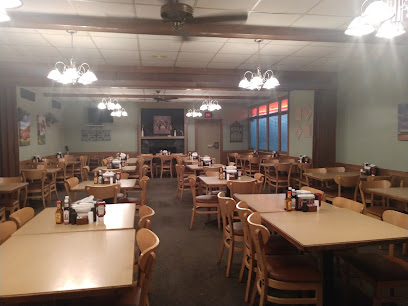
Waffle House
2.3 km
Experience Southern comfort food at Waffle House in Opelika - where breakfast is served all day in a welcoming diner atmosphere.
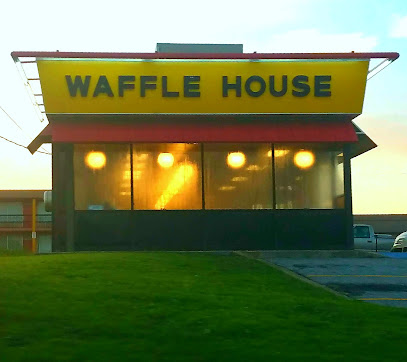
Eleanor's
2.4 km
Discover Eleanor's in Opelika, Alabama - where southern hospitality meets culinary excellence with locally sourced flavors.

Markets, malls and hidden boutiques
All Strung Out Yarn Shop
0.0 km
Discover a vibrant yarn haven in Opelika, AL, offering a diverse selection of yarns, workshops, and a welcoming community for all craft enthusiasts.
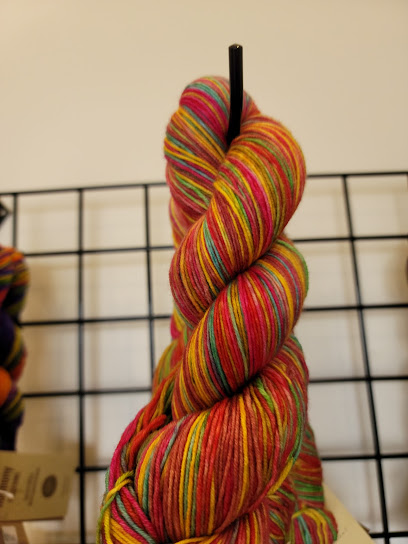
Taylor Made Designs
0.1 km
Explore Taylor Made Designs in Opelika, Alabama, for unique handcrafted jewelry and gifts that reflect Southern charm and craftsmanship.
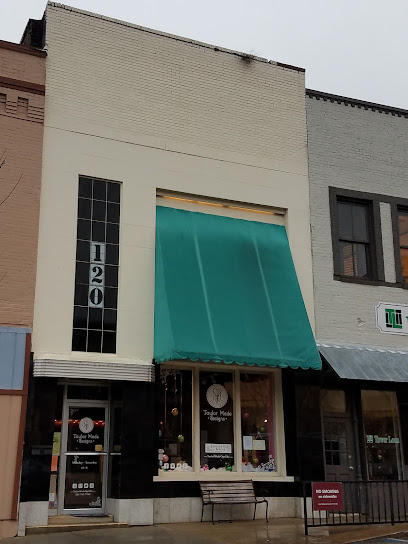
Fringe Consignment
0.1 km
Explore the eclectic charm of Fringe Consignment in Opelika, AL, a treasure trove for vintage lovers and sustainable shoppers alike.
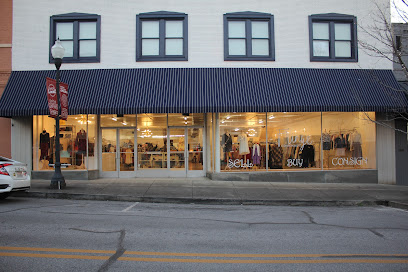
Fringe Kids
0.1 km
Discover stylish and affordable children's clothing at Fringe Kids, Opelika's favorite consignment shop for young fashionistas.
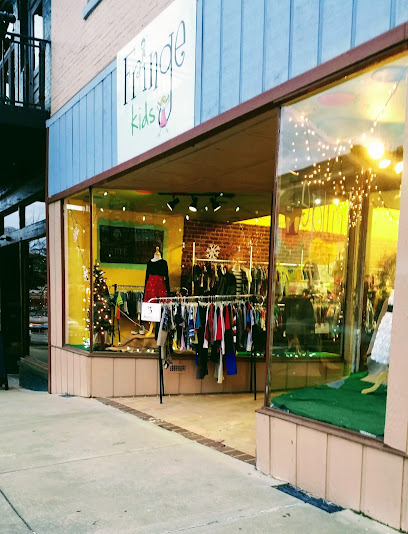
Studio 3:19
0.1 km
Discover unique fashion and accessories at Studio 3:19 in Opelika, a stylish boutique perfect for every trendsetter.
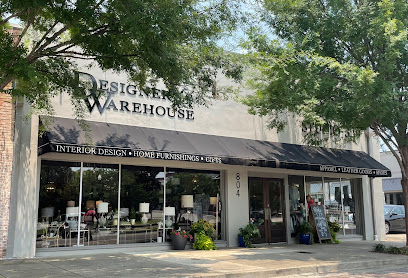
Roland's Thrift Store
0.1 km
Explore the charm of second-hand shopping at Roland's Thrift Store in Opelika, where hidden treasures and unique finds await every visitor.
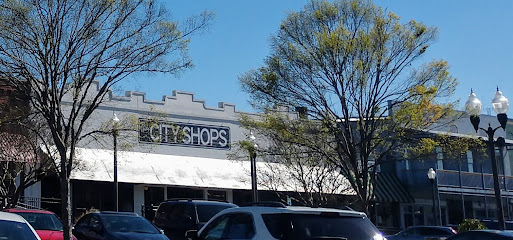
Coveted Closet
0.1 km
Explore Coveted Closet, Opelika's premier women's boutique offering stylish apparel and accessories in a warm, inviting atmosphere.
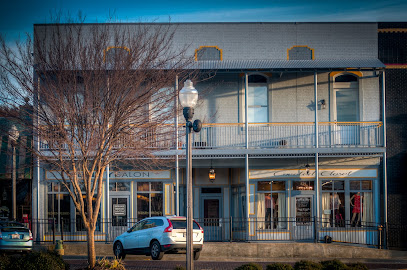
Crowned Boutique
0.1 km
Discover unique women's fashion at Crowned Boutique in Opelika, Alabama, where style meets personal touch in every shopping experience.
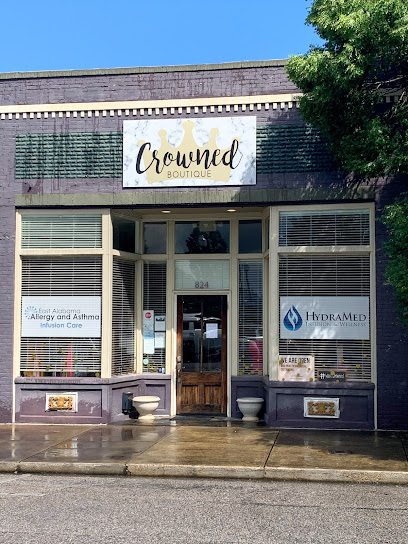
The Tiny Closet Boutique
0.1 km
Explore The Tiny Closet Boutique in Opelika for unique fashion finds and local treasures that reflect Alabama's charm.
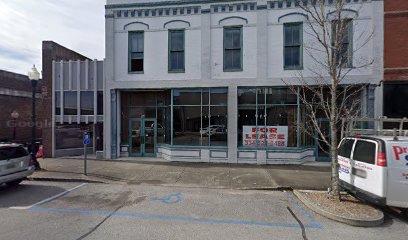
The CRD Shop
0.2 km
Explore The CRD Shop in Opelika for the best selection of sports cards and memorabilia, where collectors unite and passion for sports thrives.
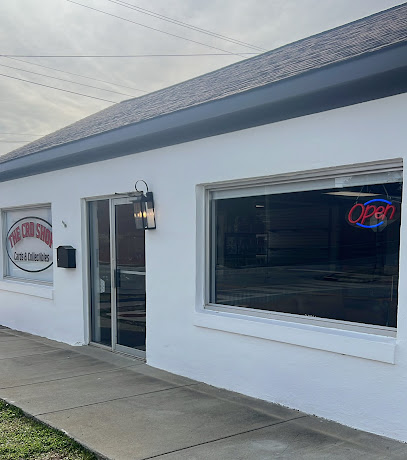
KyiaTeenBoutique
0.4 km
Explore the latest trends at KyiaTeenBoutique in Opelika, Alabama, a must-visit destination for young fashion lovers seeking unique styles.
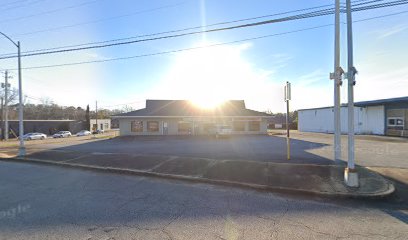
Dayspring Nature Shop
0.6 km
Explore a world of health and wellness at Dayspring Nature Shop, Opelika's go-to destination for organic foods and natural products.
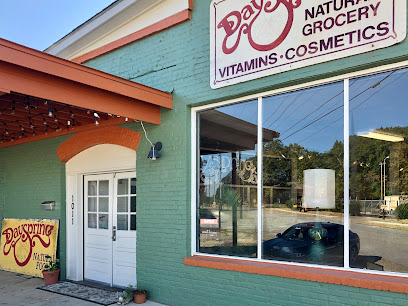
Neighborhood Market
1.0 km
Experience the heart of Opelika at the Neighborhood Market, where local flavors and community spirit come together in a delightful convenience store.
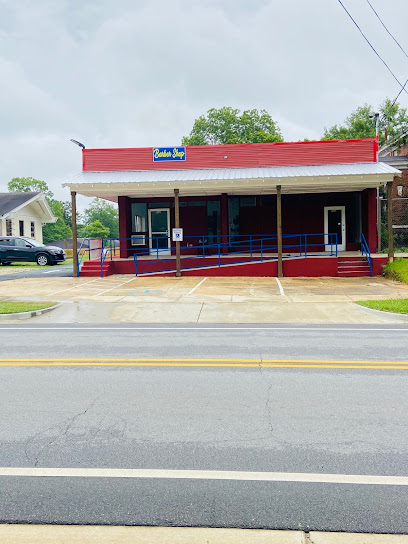
Cari’s Closet
1.3 km
Explore unique styles and vibrant fashion at Cari's Closet, Opelika's premier clothing store for trendy apparel and accessories.

The Unique Boutique LLC
2.5 km
Experience the charm of personalized shopping at The Unique Boutique LLC, Opelika's premier destination for monogrammed clothing and unique gifts.

Essential bars & hidden hideouts
The Jailhouse
0.1 km
Experience the electrifying atmosphere of The Jailhouse, Opelika's premier live music bar, where unforgettable performances meet vibrant nightlife.
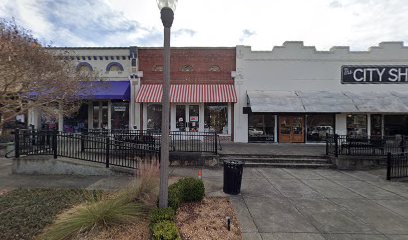
Whistle Stop Bottle and Brew
0.1 km
Discover Whistle Stop Bottle and Brew in Opelika, AL – your ultimate destination for craft beers and brewing supplies in a friendly atmosphere.
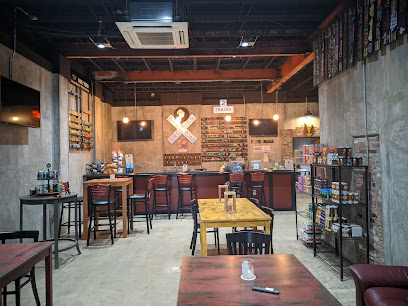
Tigertown Sports & Bar
3.6 km
Experience fun and excitement at Tigertown Sports & Bar in Opelika, featuring miniature golf, beach volleyball, and a lively sports bar atmosphere.
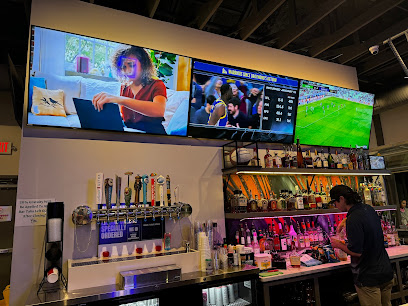
Assael
5.1 km
Experience the best of artisanal cider at Assael, a charming cider bar in Opelika, Alabama, where local flavors come to life in every sip.
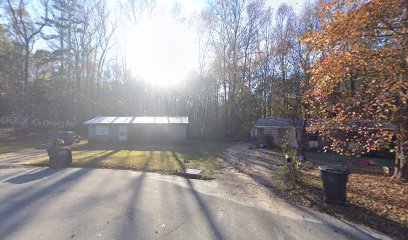
Auburn Billiards Sports Bar
5.6 km
Experience the vibrant nightlife and friendly competition at Auburn Billiards Sports Bar in Opelika, Alabama, where fun and relaxation meet.
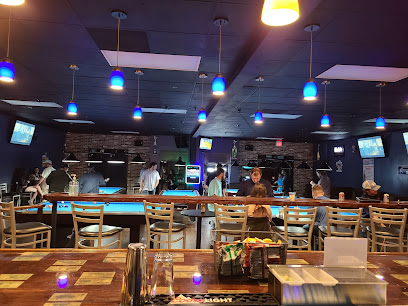
Splash Pool Bar and Grill
5.8 km
Experience delightful dining at Splash Pool Bar and Grill, Auburn Marriott's vibrant poolside eatery offering delicious grilled dishes and refreshing drinks.
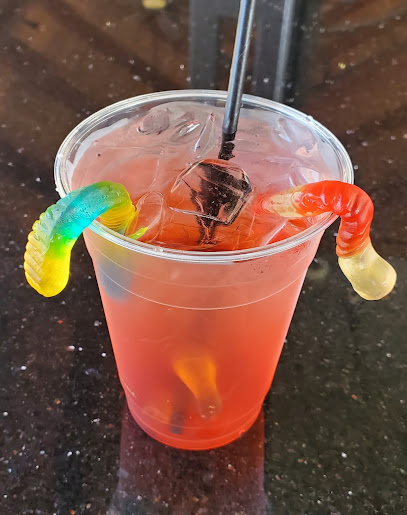
Rockin Robin
6.7 km
Discover Rockin Robin, a chill bar in Opelika, AL, perfect for unwinding with great drinks, live music, and a vibrant atmosphere.
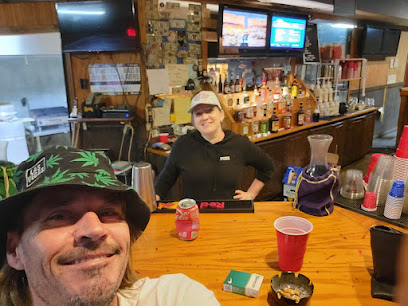
Auburn Plaza Bar & Lounge
7.9 km
Experience the vibrant nightlife and local flavors at Auburn Plaza Bar & Lounge, the perfect spot to relax and socialize in Auburn, Alabama.
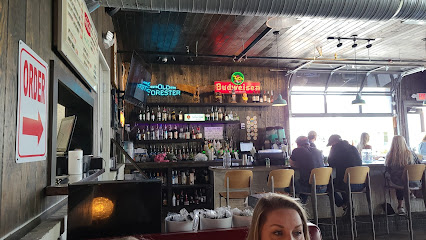
Cerulean Wine Bar
7.9 km
Experience the perfect blend of fine wines and gourmet cuisine at Cerulean Wine Bar in Auburn, Alabama, a must-visit for discerning travelers.
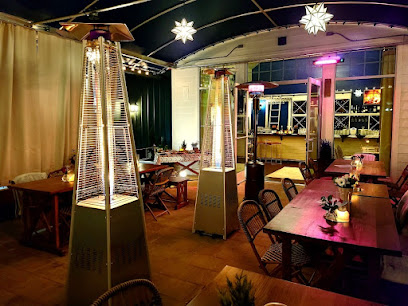
Tru Blu Sports Bar
8.6 km
Discover the vibrant atmosphere of Tru Blu Sports Bar in Auburn, AL, where sports and camaraderie come alive in a lively setting.
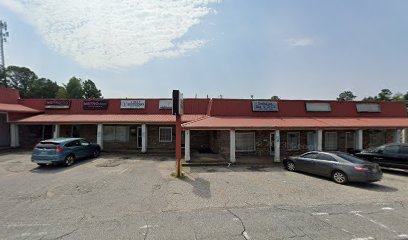
Stadium “@ Auburn, AL
10.4 km
Discover the lively spirit of Auburn's Stadium Bar, where sports, community, and delicious food come together for an unforgettable experience.
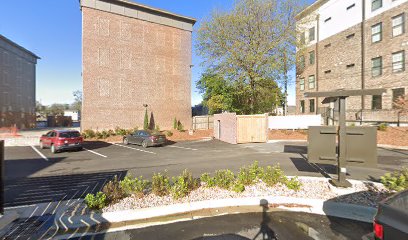
Session Cocktails
10.5 km
Discover the art of cocktail crafting at Session Cocktails, Auburn's top destination for innovative drinks and a vibrant atmosphere.

17-16 Bar
10.6 km
Discover the vibrant nightlife at 17-16 Bar in Auburn, Alabama, featuring cocktails, dancing, and a lively atmosphere for an unforgettable evening.
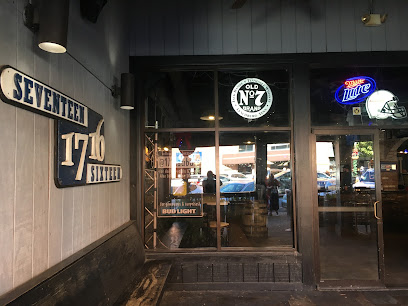
Halftime Sports Bar
10.6 km
Experience the vibrant atmosphere of Halftime Sports Bar in Auburn, where delicious grill fare meets thrilling sports action in a welcoming setting.
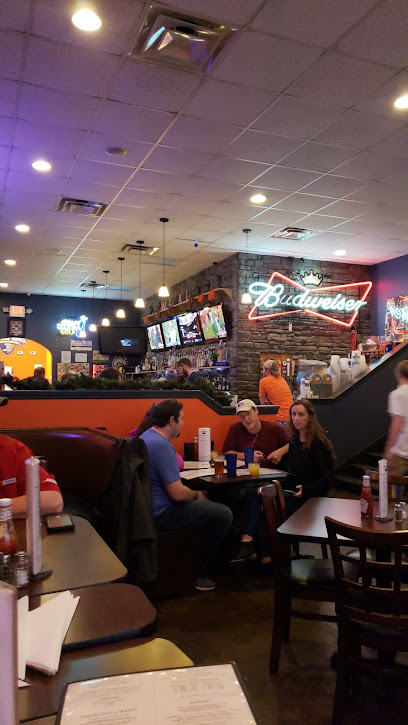
The Bar at Wittel
10.6 km
Discover the lively atmosphere and exceptional cocktails at The Bar at Wittel in Auburn, Alabama – the perfect spot for relaxation and socializing.
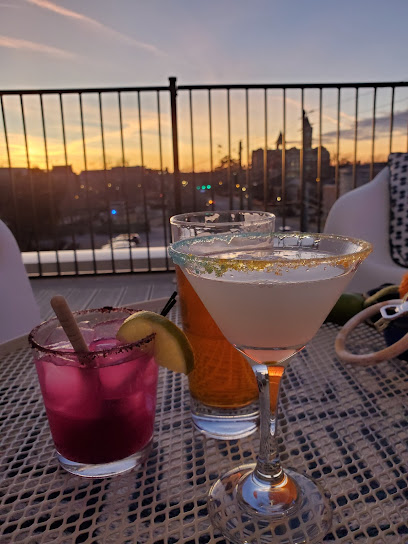
Nightclubs & after hour spots
Dreamz Pool/ Hookah Lounge
1.3 km
Experience the perfect blend of relaxation and nightlife at Dreamz Pool/Hookah Lounge in Opelika, Alabama, a must-visit for every traveler.
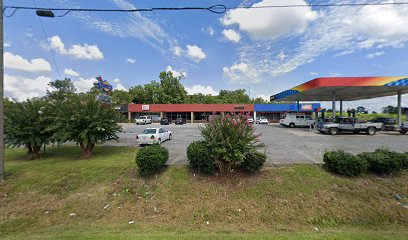
The Ozone Lounge
4.7 km
Discover the ultimate hookah experience at The Ozone Lounge in Opelika, where vibrant nightlife and flavorful blends await.

Lake Martin
56.1 km
Explore the serene beauty of Lake Martin in Alabama, a perfect destination for outdoor fun, relaxation, and stunning natural scenery.
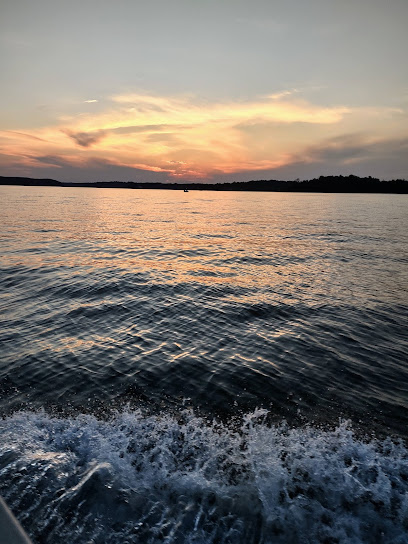
BB King's Blues Club
75.5 km
Discover the soulful blend of live blues music and exquisite Southern barbecue at BB King's Blues Club in Montgomery, Alabama.
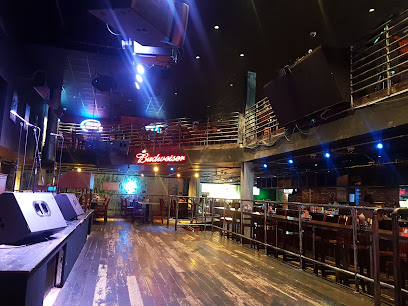
Mingles Lounge
80.4 km
Experience Montgomery's nightlife at Mingles Lounge, where great drinks, sports, and a welcoming atmosphere await.

Sage
83.0 km
Experience the sophistication and comfort of Sage, Montgomery's premier lounge offering creative cocktails and a vibrant atmosphere for all visitors.
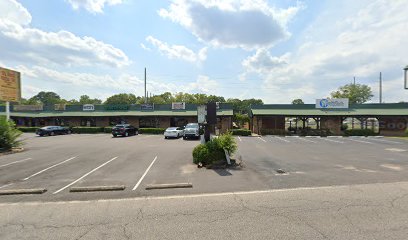
Aura Lounge Montgomery AL USA
83.6 km
Discover Montgomery's nightlife at Aura Lounge, where vibrant music and exquisite cocktails create an unforgettable experience.
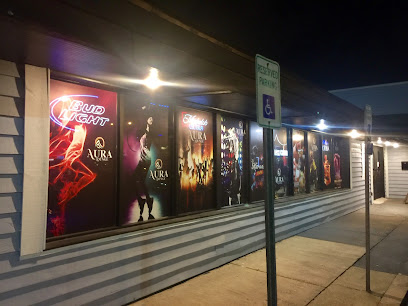
Club Boomerangs
83.6 km
Experience the lively atmosphere of Club Boomerangs, a top night club and sports bar in Montgomery, AL, where unforgettable nights await.

The Kove
88.3 km
Discover The Kove, a lively bar in Montgomery, AL, offering great drinks, live music, and a vibrant atmosphere for an unforgettable night out.
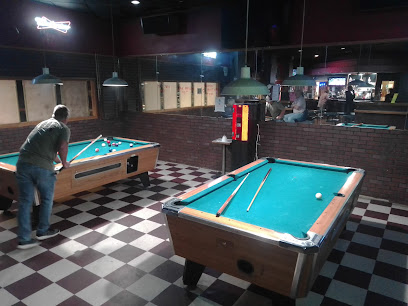
Envi Ultra Lounge
88.4 km
Discover the chic ambiance, creative cocktails, and vibrant nightlife at Envi Ultra Lounge in Montgomery, Alabama.

KRU on Mt. Meigs
89.5 km
Discover KRU on Mt. Meigs, Montgomery's premier bar with expertly crafted cocktails and a vibrant atmosphere for a perfect night out.
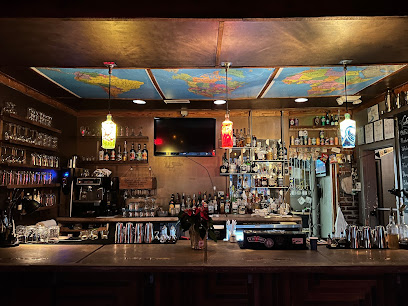
TD Kennedy LLC
89.6 km
Discover the electric nightlife of Montgomery at TD Kennedy LLC, a vibrant night club with pulsating music and an inviting atmosphere.

VIP Hookah Lounge
90.4 km
Discover the lively ambiance and premium hookah offerings at VIP Hookah Lounge, the perfect spot for relaxation and socializing in Montgomery.
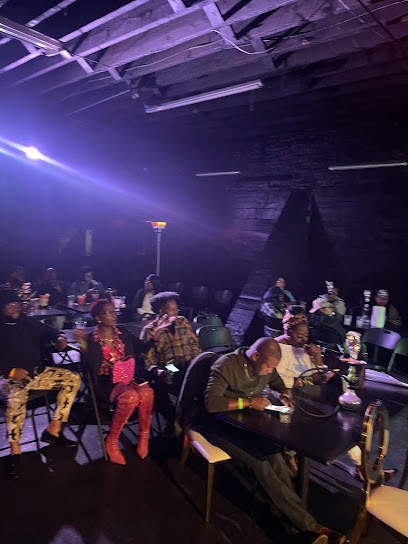
1048 Jazz & Blues
91.6 km
Discover the vibrant nightlife and soulful sounds of 1048 Jazz & Blues, Montgomery's premier destination for live jazz and blues music.
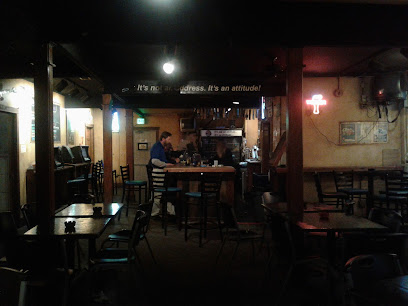
Leroy
91.6 km
Discover the vibrant nightlife at Leroy, a premier bar in Montgomery offering exceptional drinks, live entertainment, and a welcoming atmosphere.
